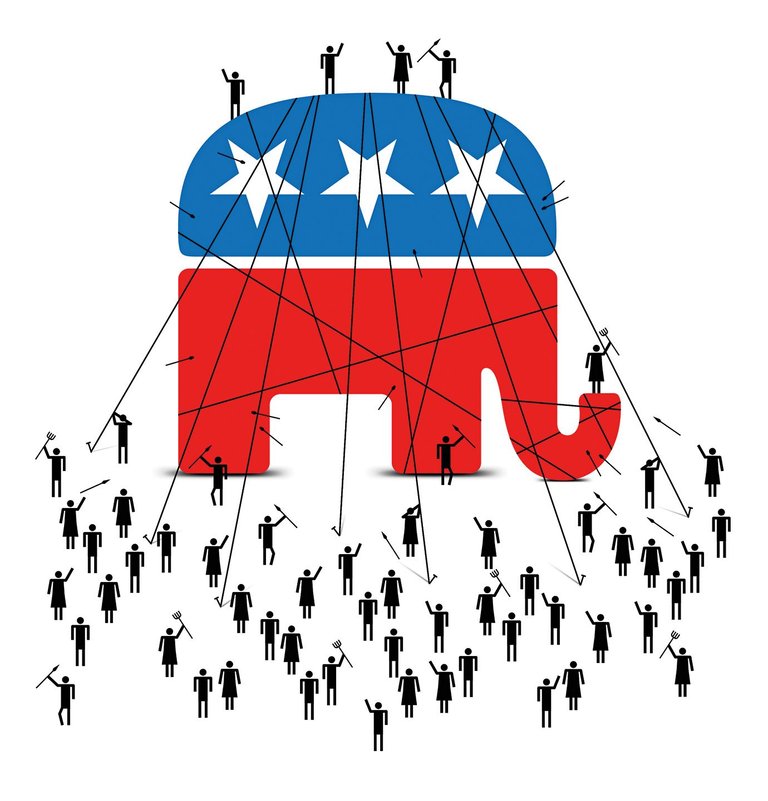Democracy is used as an image and to project power, without ever coming in touch with ground realities.
It is widely believed that human knowledge captures truth. Influential French philosopher Michel Foucault proposed the startling alternative that power creates and shapes knowledge. This article illustrates theories which relate to power rather than truth.
Our first example is the theory of Malthus which states that poverty is caused by excessive breeding of the poor. To prevent a replication of the French Revolution, the British aristocracy initiated many welfare programmes for the poor. However, the budgetary burden and consciences were relieved by Malthus, who argued that the poor were to blame for their own poverty. This theory became widely accepted and led to the curtailment of welfare programmes and introduction of new harsh measures aimed at eliminating the poor, rather than eliminating poverty. Even though it is easily refuted, the Malthusian theory continues to command widespread support because it relieves the rich and the powerful from the responsibility of helping the poor and the oppressed.
A related second example is the widely believed theory that famines are caused by the scarcity of food. Amartya Sen won a Nobel Prize for showing that this is not true. Multiple famines leading to millions of deaths and the annihilation of villages and communities were caused by stringent British enforcement of free market principles in India. At the height of the famines, with streets littered with starving people, grains guarded by soldiers were shipped to distant locations for profits. These inhumane policies were supported by Malthusian assertions in favour of weeding out the unfit portions of humanity.

democracy